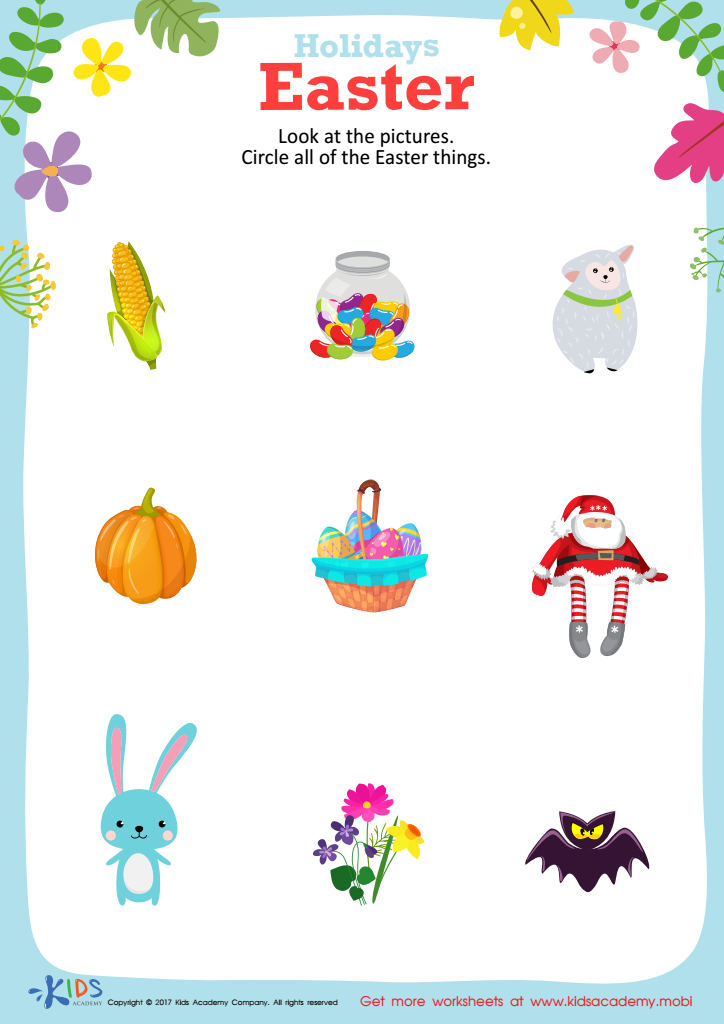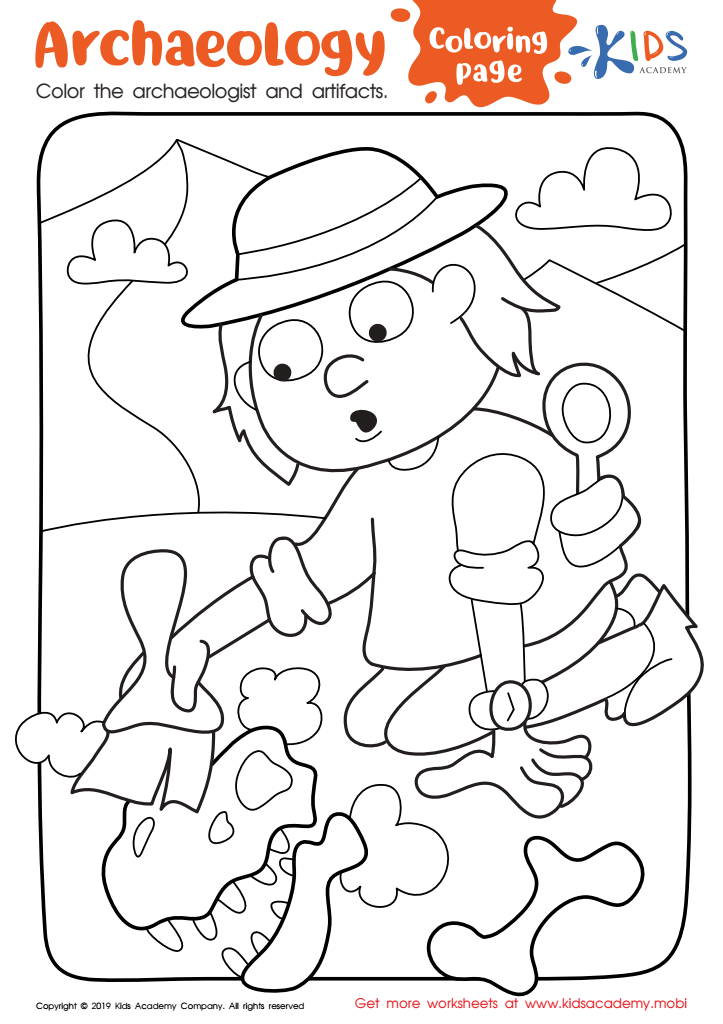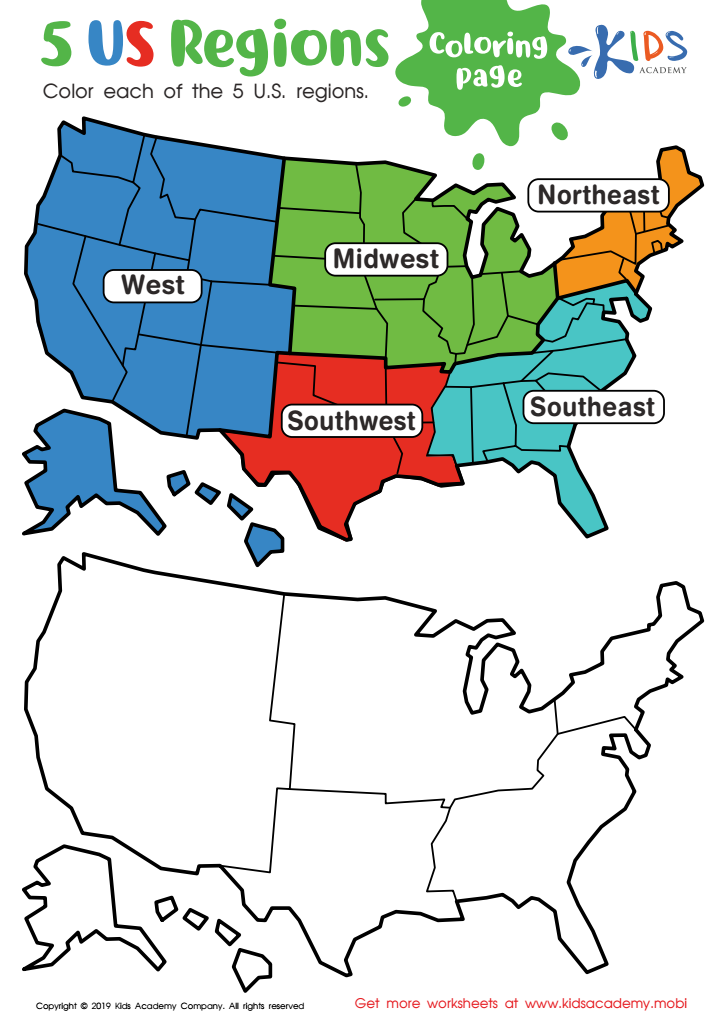Color recognition Normal Social Studies Worksheets for Ages 3-9
3 filtered results
-
From - To
Explore our vibrant collection of Color Recognition Normal Social Studies Worksheets designed specifically for children aged 3-9. These engaging and interactive worksheets help young learners develop essential color recognition skills while introducing them to fundamental social studies concepts. Featuring colorful illustrations and age-appropriate activities, these worksheets make learning fun and effective. Children will participate in activities that encourage them to identify, match, and name different colors, all while discovering how colors relate to the world around them. Perfect for both classroom and home learning, our worksheets foster creativity, support cognitive development, and build a solid foundation for future learning in social studies.


Easter Holiday Printable


Archaelogy Coloring Page Worksheet


US Regions Coloring Page Worksheet
Color recognition is an essential developmental skill for children aged 3-9, playing a pivotal role in their learning and social interactions. Parents and teachers should care about this foundational skill as it impacts various aspects of a child's growth.
Firstly, color recognition aids in cognitive development, helping children categorize and make sense of the world around them. Recognizing colors can enhance their abilities in identifying objects, understanding patterns, and building vocabulary. This cognitive process builds a strong foundation for more complex learning in subjects like math and science later on.
Additionally, color recognition contributes to a child's social skills. Engaging in activities that involve colors helps promote collaboration and communication among peers. Children discussing or playing with colors learn to express themselves and cooperate with others, fostering important social interactions.
Furthermore, colors have cultural significance and emotional connotations. Teaching children about colors in the social studies context allows them to appreciate diversity and the meanings behind colors in various cultures, enhancing their social awareness.
In summary, fostering color recognition is crucial for cognitive, social, and emotional development, ensuring children are well-equipped to thrive in their academic and personal lives. Parents and teachers play a vital role in nurturing this foundational skill.

 Assign to My Students
Assign to My Students
















